Jelena Krivosic
Climate Communication Researcher
How do we communicate our need to act?
On the climate crises, ecological emergency and social injustice?
How do we communicate our need to protect the more-than-human-world?

-
Imaginary Book club: How to Be Animal
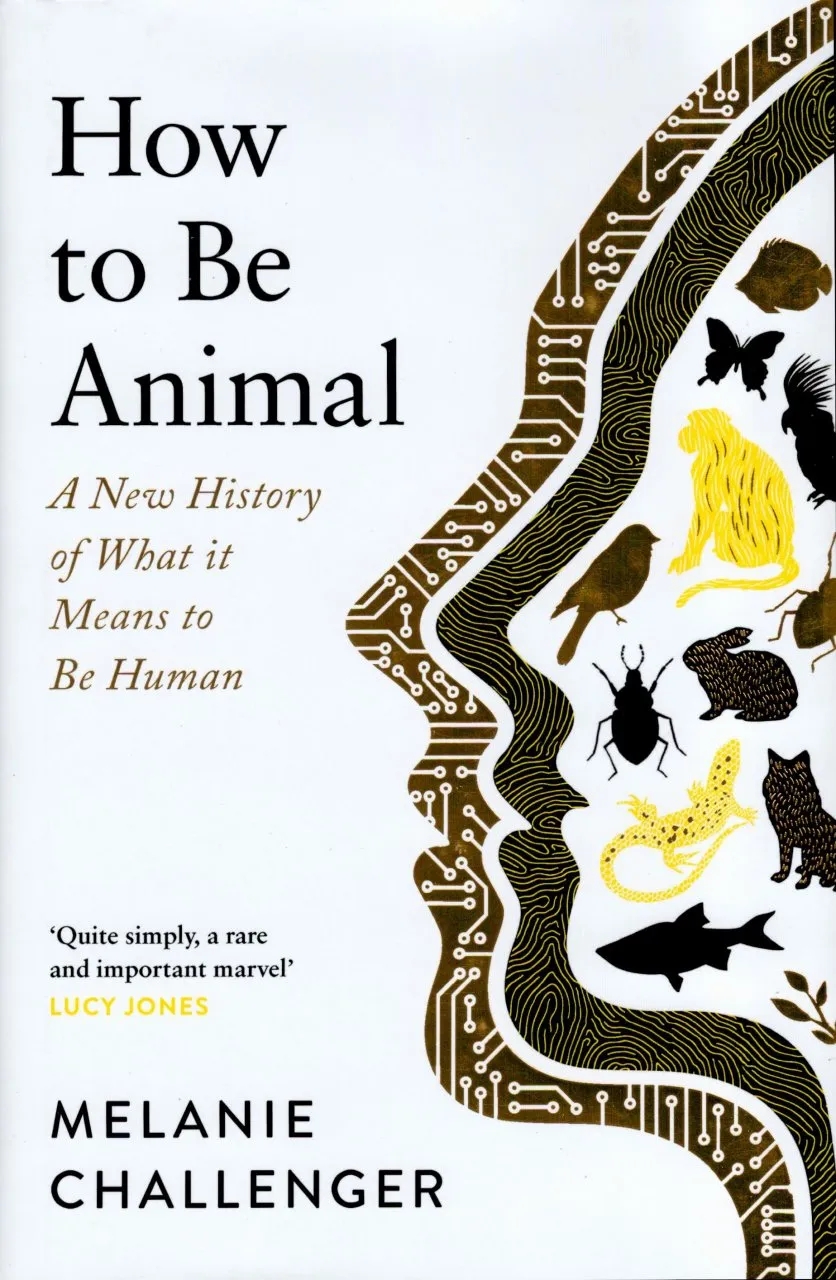
Melanie Challenger’s “How to Be Animal” beautifully challenges the human-animal dichotomy, exploring its implications on society and the environment. The book delves into the historical, religious, and scientific perspectives on human-animal distinctions, shedding light on how these ideas shape societal hierarchies and environmental attitudes. Reconsidering our relationship with animals is therefore crucial for social justice…
-
Imaginary Book club: My Life in Sea Creatures
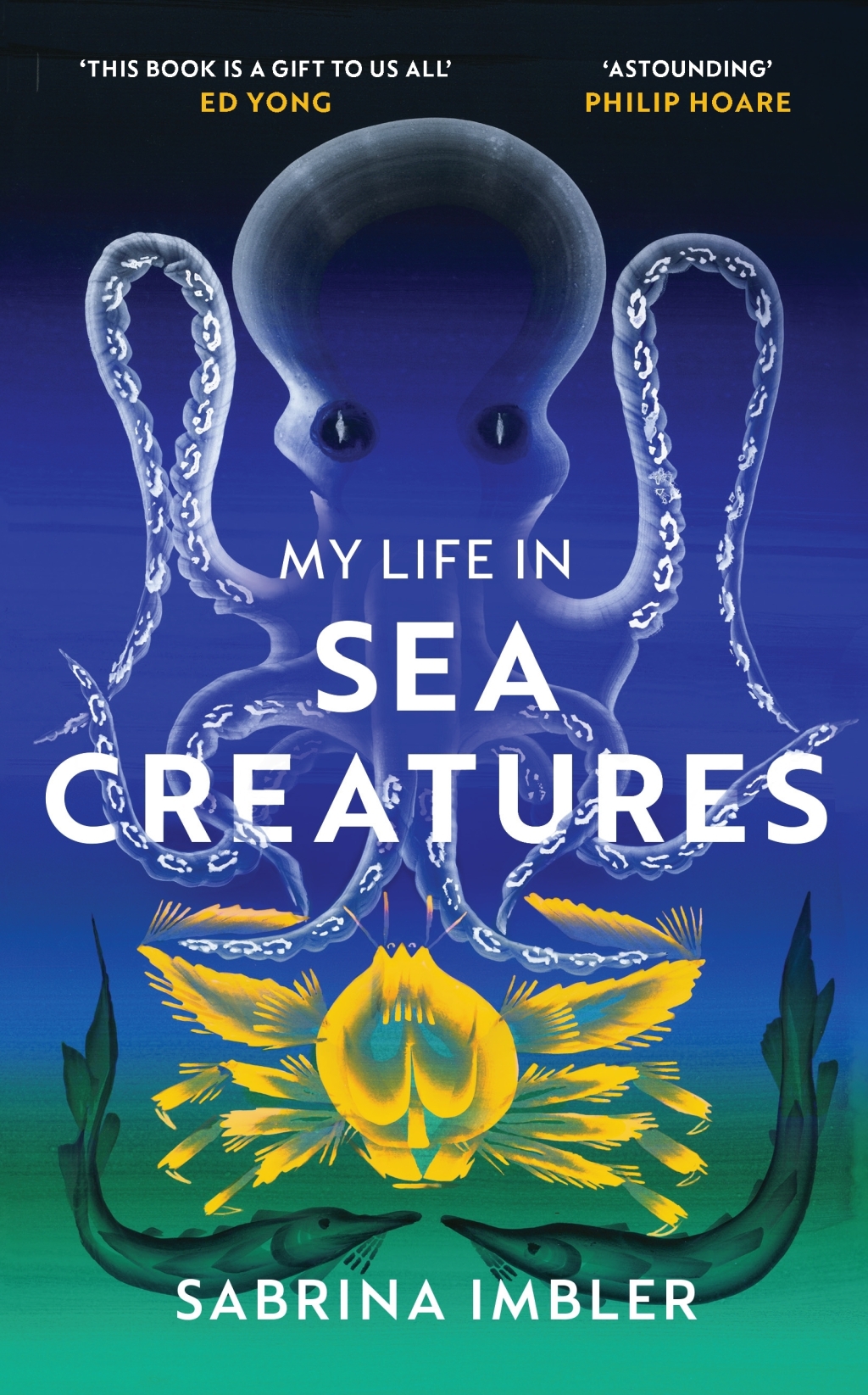
In “My Life in Sea Creatures,” Sabrina Imbler intricately weaves her personal experiences with the lives of underwater animals, offering a captivating and educational journey. The book immersed me in a surreal exploration of identity and compassion, provoking a deep connection with Imbler and the more-than-human world. The emotional and personal healing journey shared through…
-
Imaginary Book club: Bitch
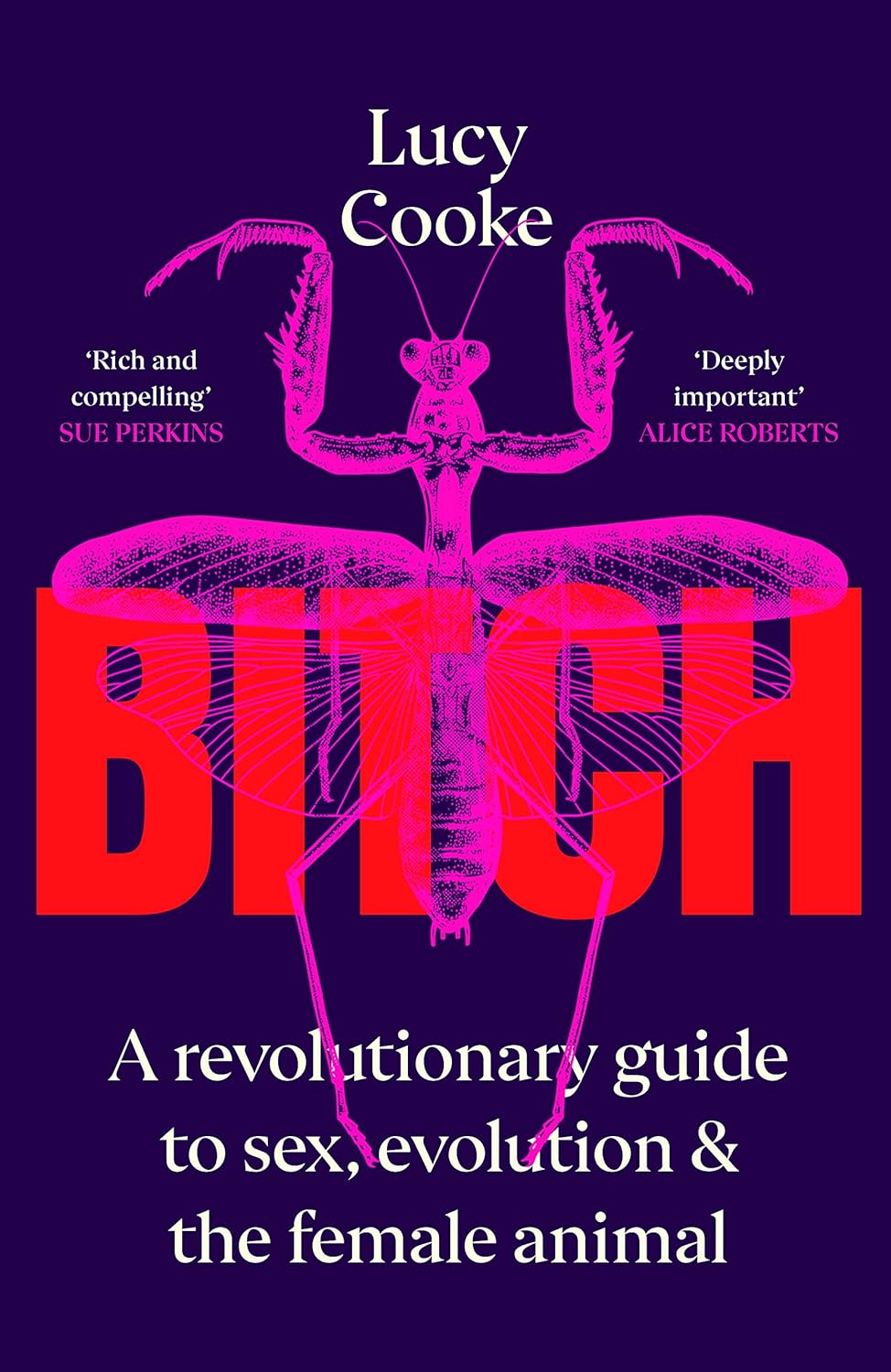
Lucy Cooke’s “Bitch” challenges traditional scientific assumptions about gender, sex and behaviour in the animal kingdom. The book exposes biases and binary thinking in evolutionary biology and calls for a new understanding that shapes our relationship with the more-than-human world. Reading Cooke’s work prompted critical self-reflection as it encouraged me to examine my own biased…
-
Imaginary Book club: The Unexpected Truth About Animals
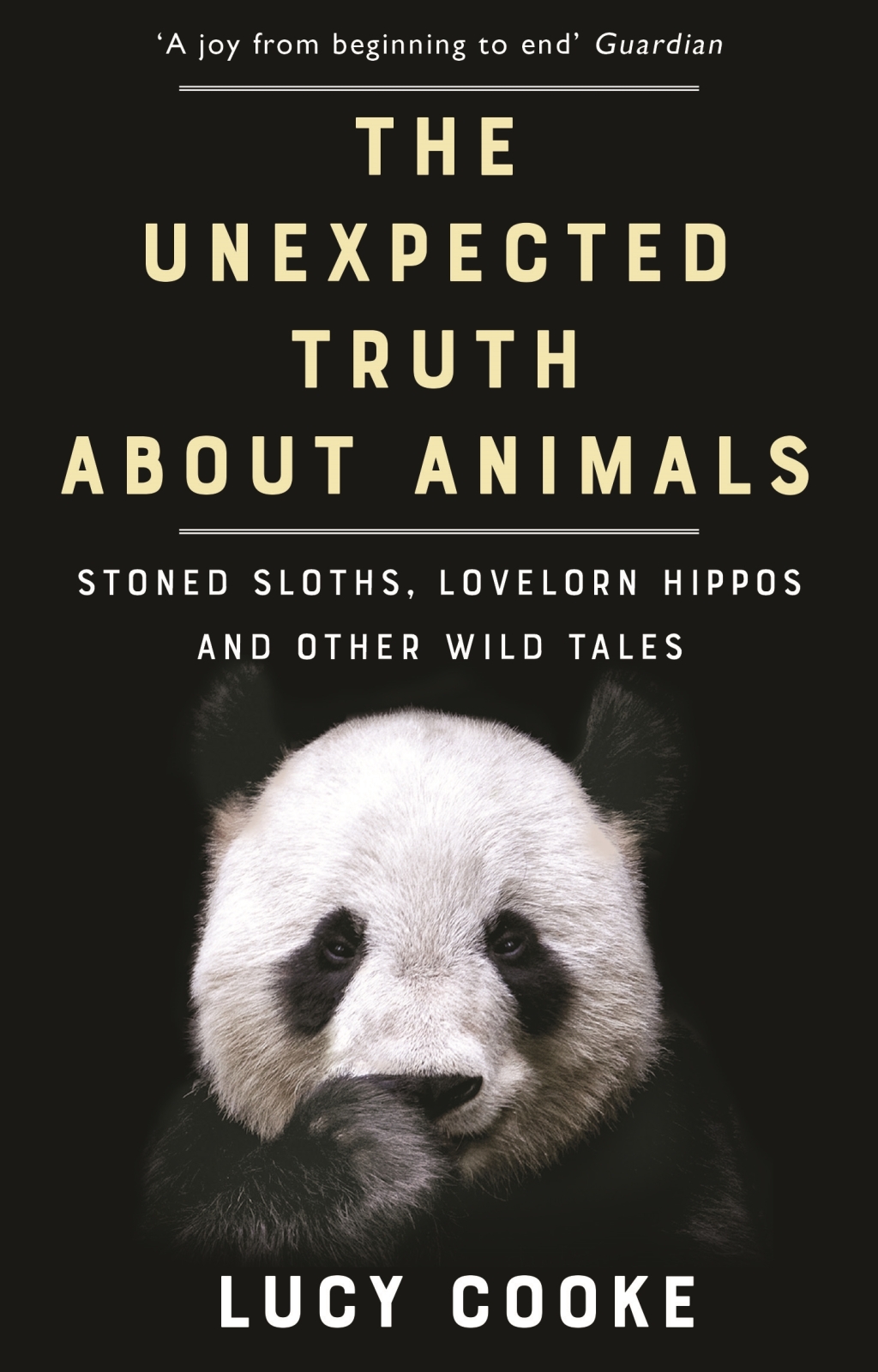
“The Unexpected Truth About Animals” by Lucy Cooke challenges conventional wisdom about nature with its surprising and humorous stories. It prompted me to question societal narratives about the natural world. This thought-provoking book encourages readers to redefine their relationship with nature. Now I urge you to consider the impact of these cultural stories on climate,…
-
Imaginary Book club: Queer Ecology
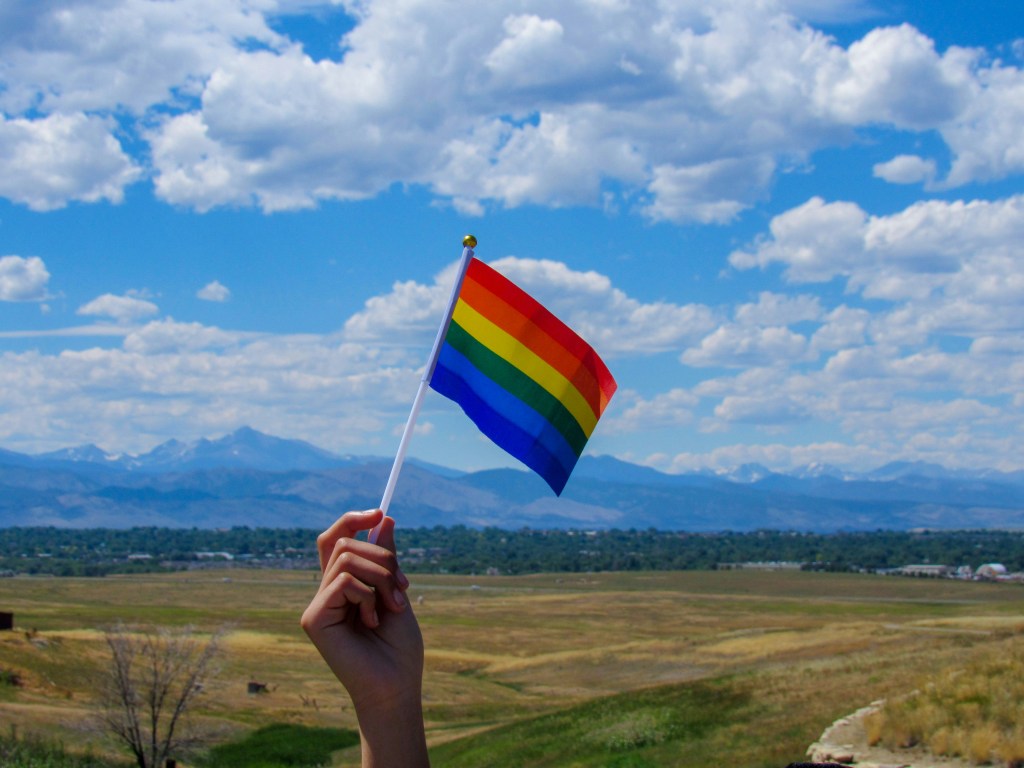
In a world of more time, I dream of hosting a book club to explore “queer ecology”. The field of queer ecology rejects labels and perceived norms, challenging society’s relationship with nature. It also intertwines with my PhD research on Natural History documentaries and their communication of global crises. Take a look for my list…
-
Events: Festival for Nature – Netflix’s Life on Our Planet
The Bristol and Bath “Festival of Nature” showcased a diverse range of activities for all ages, including Natural History documentaries and behind-the-scenes insights. The talk about the Life on Our Planet series revealed filmmaking techniques used to frame the prehistoric scenes within the series, while also highlighting the interconnectedness of species today. Through this message,…
Attenborough, BBC, BBC Studios, Bristol, Climate action, Climate communication, Documentary, Drama, Evolution, Festival of Nature, IMAX, Lego, Life on Our Planet, Natural History documentaries, Nature, Netflix, PhD Research, Pre-historic Planet, Science communication, Survival of the Fittest, Wildlife documentaries -
Home: Fences
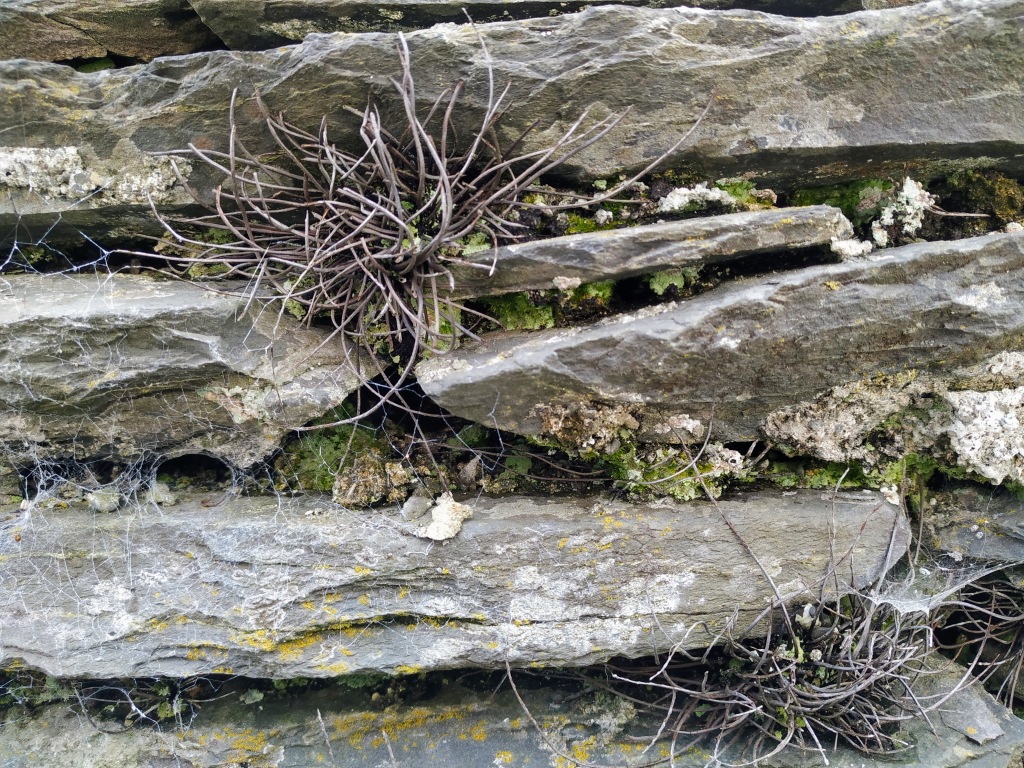
I may not be a photographer, but I taking photos helps me to string together thoughts when I am walking. This post explores a trail of thoughts around the concept of ‘belonging’. It questions where humans and the more-than-human might belong and what they might call ‘home’. Are the homes of the human and the…
-
Resources: Climate Communication Toolkits
I have about half a billion website bookmarked, pdfs, webinars and lecture notes that discuss various methods, tips and approaches to climate communication. There are also tonnes more on my ever growing to do list. After speaking with students and media professionals I wanted to consolidate a list of a few that I have found…
-
Film Club: Audience recommendations
As part of the monthly environmental film club I run at UWE, Bristol I often get given many brilliant recommendations from the audience members. The discussions after our screenings explore quite a broad range of topics which has so far ranged from creating impact, behaviour change, animal welfare, decolonialisation, climate communication, anthropomorphism and the human/nature…
-
Conference: Wildscreen Presents – Science in Storytelling
Shifting towards symbiosis: How filmmakers and researchers can work together to make impact when communicating science New scientific discoveries have become a popular feature of documentaries, natural history programmes and in the wider specialist factual television genre. From David Attenborough’s “Our Planet” series on Netflix, to Brian Cox’s “The Planets” series on BBC and even…